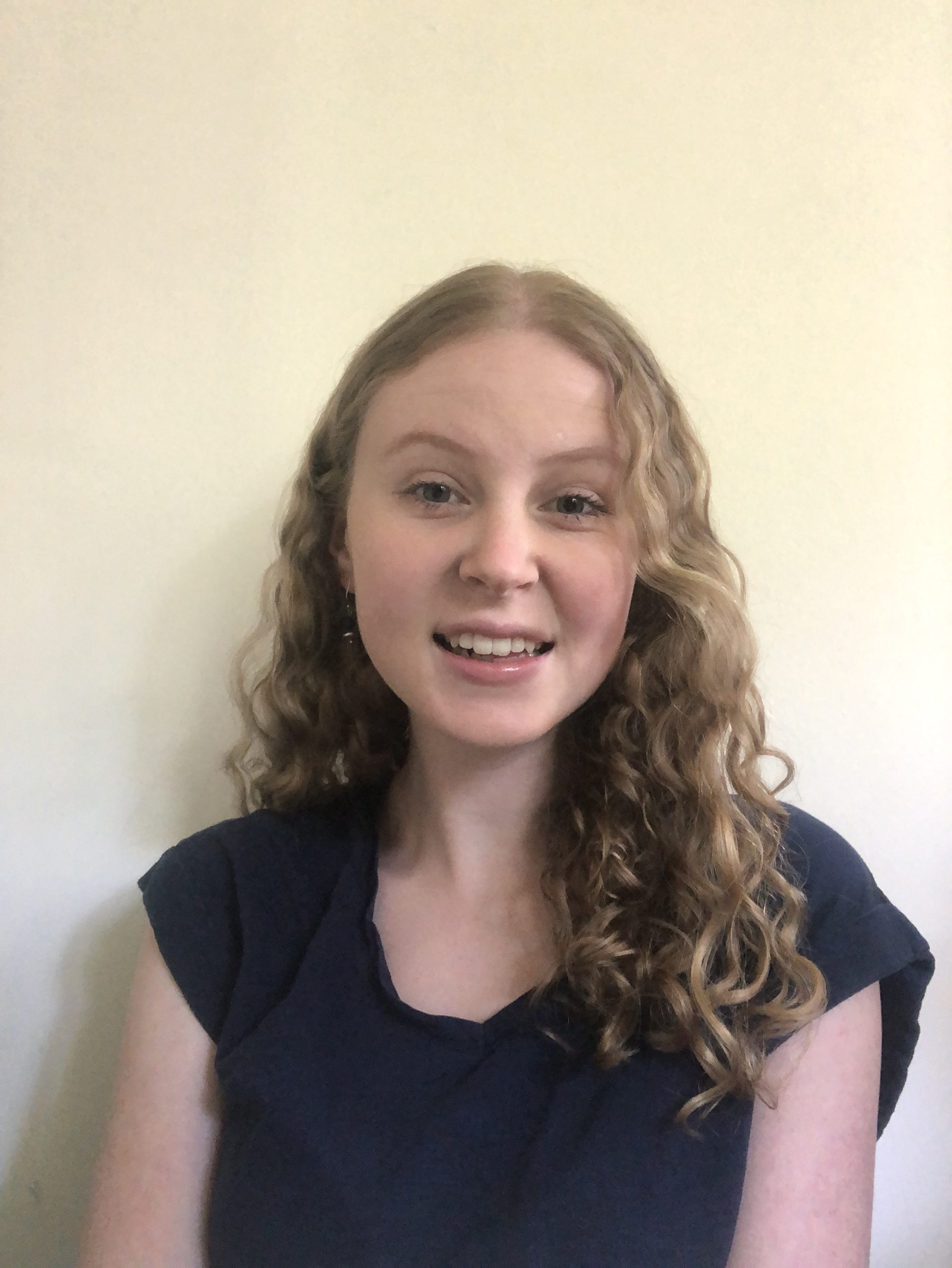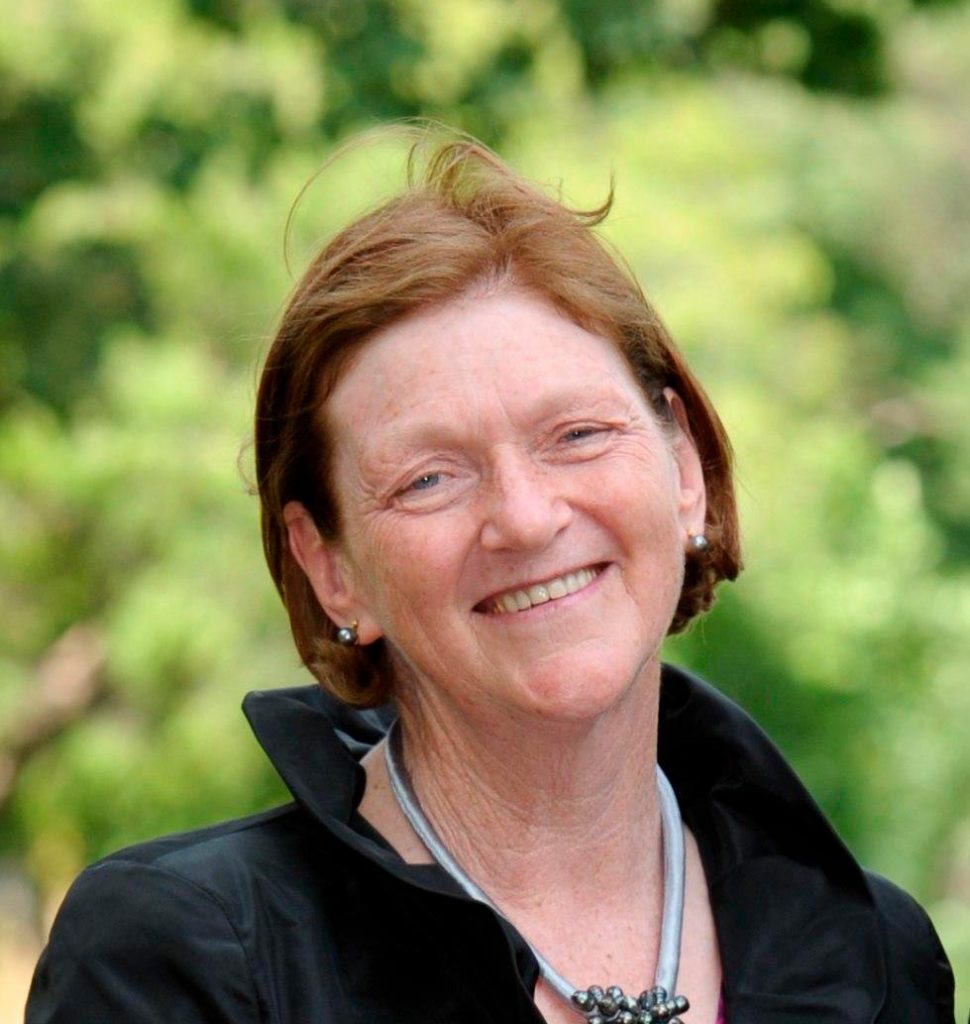
Next Course Starts
Time Commitment
Price

Gain a better understanding of types of problems that can lead to project failure, when implementing a project locally?

Understand how to leverage opportunities for a project or initiative to transform itself to contribute to broader social movements?

Learn the single most important strategy that you can take, to improve your work and impact at the local or community level?
By the end of this course, you will be able to:

Understand some of the problems that can emerge when managing or implementing a project locally.

Clearly articulate how local politics and realities interact with, and shape, the implementation of a project on the ground.

Understand and explain the role of social capital in your work.

Describe the opportunities that can emerge in taking a strengths-based approach when working with communities.

Identify the single most important strategy that you can take to improve your work and impact at the local level.

This course is designed to be as accessible as possible. While everything I teach is based on a strong theoretical framework, the lessons are simple, and focused on practical application. The site is designed to make it as easy as possible to navigate, access materials, and keep track of where you are up to—so you can focus on learning.
This mini-course comprises three training videos which can be accessed at any time, to take into account different time-zones. This allows you to try out what you learn, return and dip back into different lessons, as you reflect on how the ideas may apply in your work and community context.
By joining the Bridging Peoples Academy, you get all of the benefits of working with the Founder & Director of Bridging Peoples, Dr. Deborah Cummins – giving her BEST teachings, tools, strategies and advice – without having to pay hefty consultant fees or enrol in a University course!




This course is for anyone who is interested in understanding the basics of working better locally. It is appropriate for people in a range of circumstances, including students, people working in their home country as well as those working internationally, junior and senior professionals, and managers, community workers and researchers or MEL practitioners. Lessons have been configured to cater for those with slower internet connections.